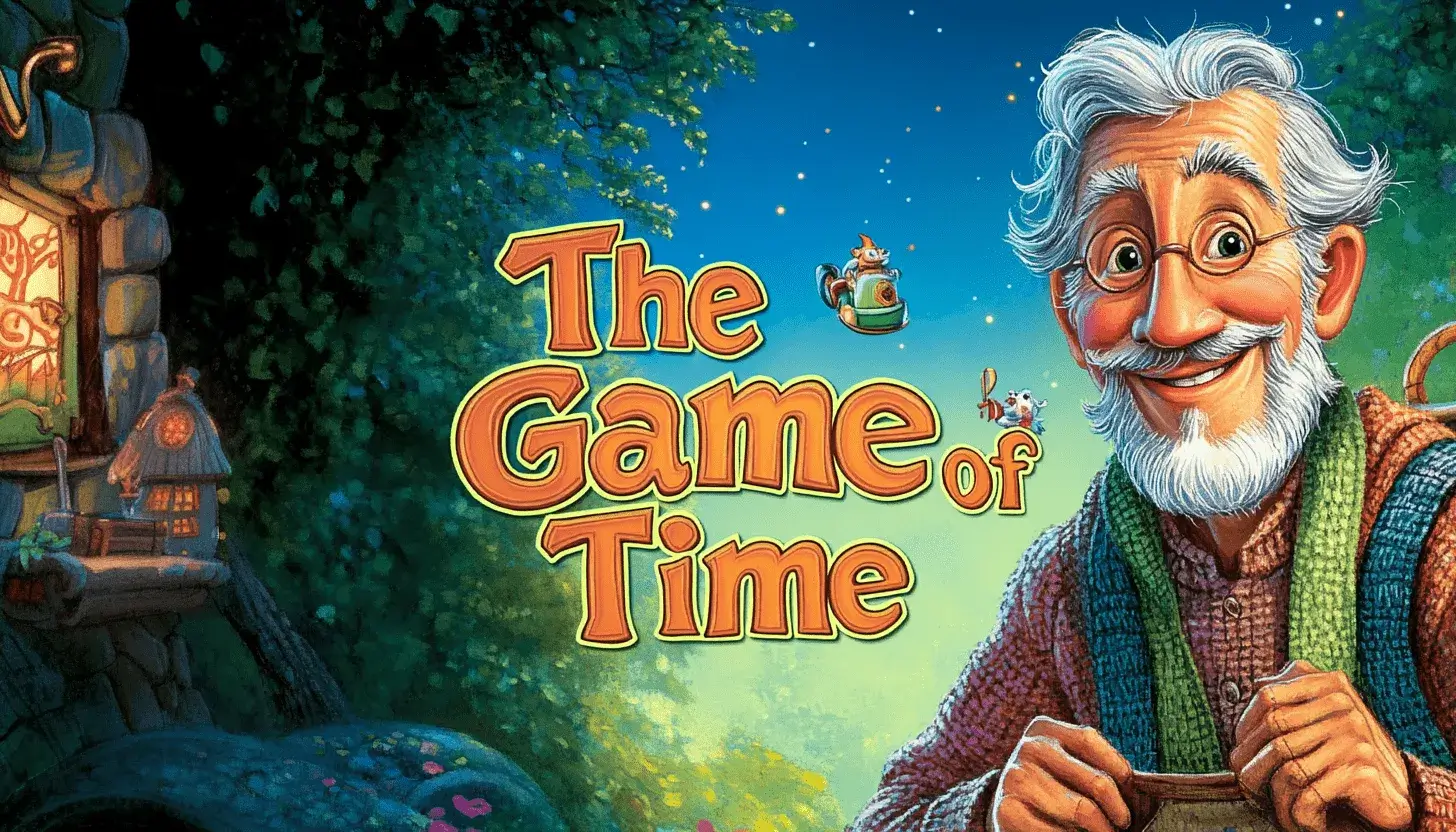Once upon a time, in the quaint village of Moonwood, there was an old man named Silas who lived in a tiny cottage at the end of Oak Street. Silas was known to everyone as a solitary and wise old fellow who spent his days reading dusty books and tending to his garden of lilacs and daisies. Though he had traveled the world in his youth, he now preferred the company of his memories and the songs of the birds.
One autumn afternoon, while Silas was rummaging through the attic for an old blanket to shield himself from the approaching cold, he discovered, hidden behind some boxes, a chessboard he had never seen before. The board was covered in a thick layer of dust and cobwebs, as if it had been waiting for centuries to be found. With trembling hands, he cleaned it off and observed that the pieces were finely carved from what seemed to be ivory and onyx, glistening under the faint light streaming through the attic window.
Intrigued, Silas decided to bring the board to his living room. That night, as shadows danced on the walls to the rhythm of the crackling fireplace, he began moving the pieces without a clear purpose, simply following a strange intuition. Every time he moved a bishop, a knight, or the queen, the time outside seemed to warp, as if the hours stretched and shrank whimsically.
Soon, Silas realized that each move on the board corresponded to a moment in his life. When he advanced a pawn, he saw himself as a child running through the fields of Moonwood, laughter echoing in the air. Moving a rook reminded him of the day, as a young adult, when he decided to travel the world. And with the movement of the king, he relived the painful farewell to his beloved Clara, who had left many years ago, leaving him alone with only her shadow.
Excited and terrified by the board’s power, Silas couldn’t stop playing. Every piece he moved altered reality in some way. With the game, he began to understand that he could attempt to change those moments he had regretted or lost. Perhaps, he thought, he could find a move that would allow him to see Clara once more.
Days passed, and with each game, Silas wove and unwove his life, exploring different possibilities and outcomes. In a bold move, he attempted a castling that he hoped would bring back the day Clara said goodbye. And it happened. He saw himself at the train station, with Clara standing before him. This time, instead of letting go of her hand, he held it tightly and asked her to stay.
Silas’s heart raced as he watched the scene change before his eyes. Clara smiled, excited, and nodded. On the board, and in his altered reality, she stayed. Together they grew old, sharing laughter and whispers, in a new life that only the chessboard had made possible.
But time is fickle and does not like to be manipulated. Soon, Silas realized that each change in the past brought with it unexpected consequences. Friends he didn’t remember, places that seemed altered, and memories that didn’t match what his heart held.
Exhausted and confused, Silas understood that playing with time was more dangerous than he had imagined. One morning, he decided to make one final move: to restore the game to its original state, accepting his life as it had been before the board.
With a deep sigh and a final goodbye to the moments he had created and then undone, Silas returned each piece to its initial position. Time settled, and the shadows on the walls moved less erratically. Everything went back to how it had been, with every memory in its place and his heart filled with peace.
The chessboard was put away once more in the attic, behind boxes and beneath a thick layer of forgetfulness. Silas spent his days in the garden, tending to his flowers and feeding the birds, knowing that some games, especially those that tamper with time, are best left unplayed.
And so, in the village of Moonwood, life continued its course, peaceful and without further disturbances of time, while the old board rested, hidden and silent, guarded by dust and the shadows of the past.




